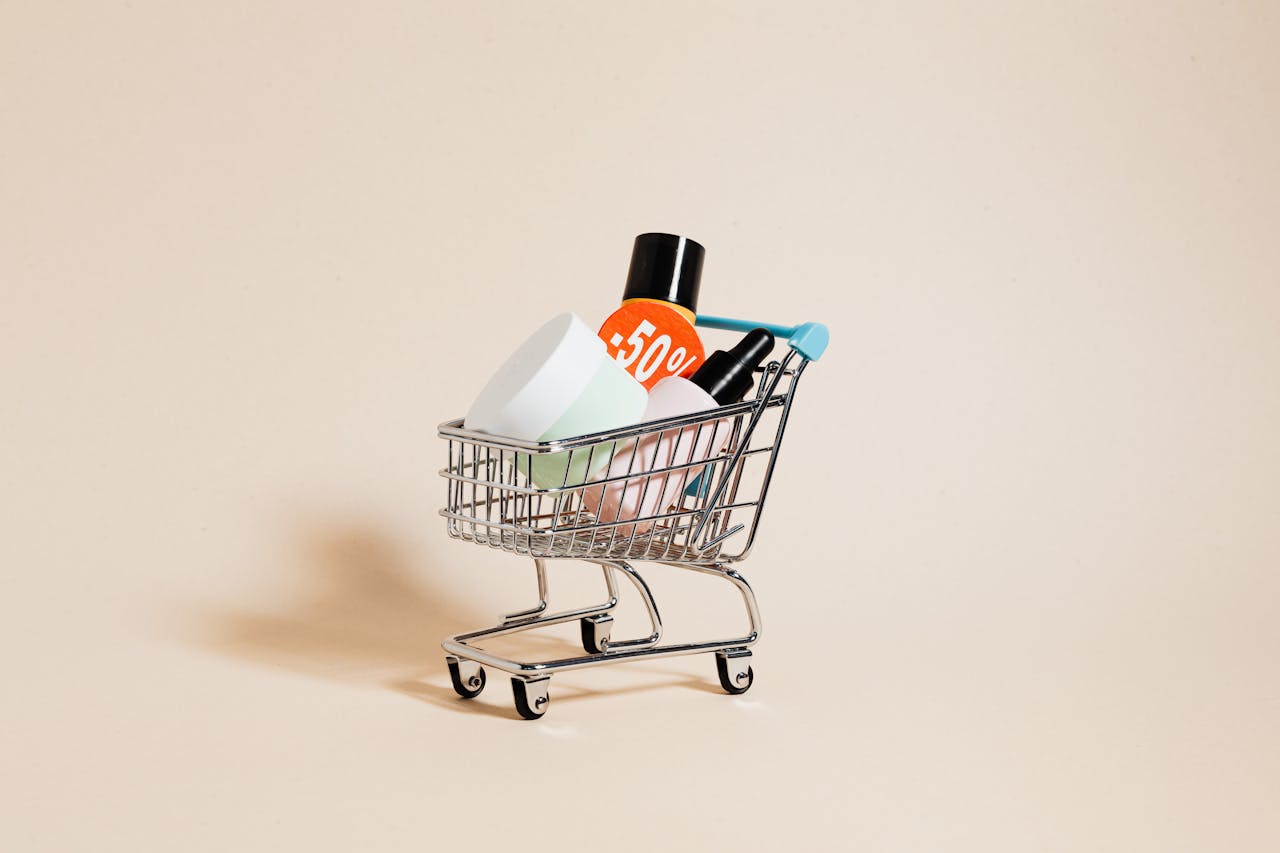Coupons are supposed to help you save money, but sometimes they do the exact opposite. If you’ve ever found yourself buying a product you never intended to purchase just because you had a coupon, you’re not alone. Marketers design certain coupons to encourage impulse buys, upsell you on unnecessary items, or get you to spend more than you planned. Understanding how these “trap” coupons work can help you avoid wasting money and keep your grocery budget on track. In this article, we’ll break down eight common types of coupons that often force shoppers to buy things they don’t need—and share practical tips to help you shop smarter.

1. Buy One, Get One Free (BOGO) on Unfamiliar Products
BOGO coupons can be tempting, especially when you see the word “free.” But if the offer is for a product you’ve never tried or don’t actually need, you might end up with two items that sit unused in your pantry. The grocery coupon guide is clear: only use BOGO deals for products you already buy regularly. Otherwise, you’re just doubling up on clutter and wasting money, even if it feels like a bargain.
2. Coupons Requiring a Minimum Purchase
Many coupons require you to spend a certain amount, like $5 off when you spend $30.” These offers can push you to add extra items to your cart just to hit the threshold. If you weren’t planning to spend that much in the first place, you’re not really saving. Instead, you’re buying things you don’t need to unlock a discount that doesn’t actually benefit your budget. Always check your list and ask yourself if you’d buy those extra items without the coupon.
3. Multi-Pack or Bulk Purchase Coupons
Coupons that offer savings only when you buy in bulk—such as “Save $2 when you buy four,” can be a trap. Unless you have a large family or know you’ll use the items before they expire, you might end up with excess products that go to waste. The grocery coupon guide recommends sticking to your usual quantities and skipping bulk deals unless they are truly a good fit for your needs. Otherwise, you’re just spending more upfront and risking spoilage.
4. Coupons for New or Limited-Edition Flavors
Brands love to issue coupons for new or seasonal flavors to generate buzz. While it’s fun to try something different, these coupons often lead you to buy products you wouldn’t normally consider. If you’re using a coupon just because it’s for a new flavor, ask yourself if you’d enjoy it or if it will end up forgotten in your pantry. Remember, novelty doesn’t always equal value.

5. Coupons Bundling Unrelated Items
Some coupons require you to buy a combination of unrelated products, like “Save $3 when you buy cereal and orange juice together.” These offers are designed to increase your total spend by encouraging you to buy items you don’t need. If only one of the products is on your list, it’s usually better to skip the coupon and stick to your plan. Bundling can be a sneaky way to inflate your grocery bill without real savings.
6. Coupons for Processed or Junk Foods
It’s no secret that many coupons are for processed snacks, sugary drinks, or convenience foods. While these items might be fun as an occasional treat, using coupons for them can lead to unhealthy habits and unnecessary purchases. The grocery coupon guide suggests focusing your coupon use on staples and healthy foods instead.
7. Coupons with Short Expiration Dates
Coupons that expire within a few days can create a sense of urgency, pushing you to make a purchase you hadn’t planned. This tactic is designed to drive quick sales, rather than helping you save. Before rushing to use a coupon, consider whether you actually need the item or if you’re just reacting to the deadline. Planning your shopping trips and sticking to your list can help you avoid these impulse buys.
8. Coupons for High-End or Premium Brands
Premium brands often release coupons to entice shoppers to “trade up” from their usual choices. While the discount might make the product seem affordable, it’s often still more expensive than the store brand or your regular pick. Unless you genuinely prefer the premium option, these coupons can lead you to spend more for little added value.
Outsmarting Coupon Traps for Real Savings
The key to using coupons wisely is to stay focused on your actual needs, not just the deals in front of you. The grocery coupon guide is clear: coupons should support your shopping goals, not dictate them. Before using any coupon, ask yourself if you’d buy the item without the discount. If the answer is no, it’s probably not a real deal for you. By being intentional and sticking to your list, you can avoid the most common coupon traps and make your grocery budget work harder.
What kinds of coupon traps have you encountered while shopping? Share your stories or tips in the comments below!
Read More
5 Groceries Not to Buy at Costco If You Want to Save Money
Costco Secrets: Ways the Store Gets You to Spend More on Groceries
The post 8 Coupons That Force You to Buy Things You Don’t Need appeared first on Grocery Coupon Guide.







